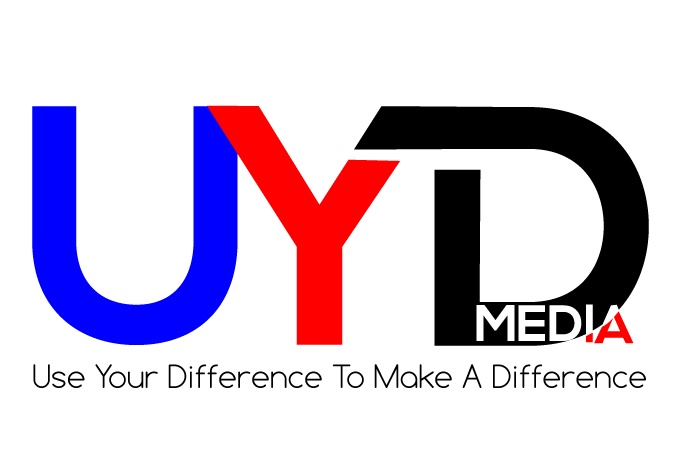I thought that I was done with first days of school when I left classroom teaching. This was not the case, though, and this past August, my alarm once again shattered into my dreams…but this time for the first day of grad school.
Picking out my outfit and packing my bag for the first day of grad school took me back to other first days. My first day of middle school in Taiwan is etched in my mind, as all of us tiptoed into our classroom and hoped we were in the right place. Then there was the first day of eighth grade, when my bones jostled as I rode an American school bus for the first time in my life. A couple of years later, I experienced my first day of boarding school, clueless and terrified.
This is what I would have written to myself those years ago as a TCK preparing for my first day at a new school in my passport country:
Dear TCK,
It’s your first day of school and you’re the new kid…again. Maybe you’re used to being the new kid. Maybe you are a pro at making new friends in new environments. If that’s you, I’m so happy for you.
Today I’m writing to all the TCKs who are terrified of their “new kid” status.
I remember being the new kid in 8th grade, especially when there weren’t any other new kids at the school. My mom convinced me that the public school in New Jersey was used to having new kids come through, so that made me breathe a little easier. But when I got on the bus, I still couldn’t help worrying that I’d climbed onto the wrong big yellow school bus and would be dropped off at the wrong school.
When we pulled up in front of the school my mom and I had toured a couple of weeks earlier, I breathed a small sigh of relief, but it wouldn’t last long. The entire day I was worried and scared. I was worried I wouldn’t know when to change classes. I didn’t know how to read my schedule and so I went to art instead of environmental science. When my social studies teacher asked me who had taught me last year, I froze, knowing that I wasn’t supposed to say the actual name of my teacher because she wouldn’t know it, but not sure what to say. Finally, someone else chimed in with, “She’s new. She just moved here.”
At the end of the day, I wanted to cry. Nothing had gone horribly wrong, but it was all so new and unfamiliar.
So as you pick out your outfit and pack your lunch, here are four things to remember:
- It’s okay. Not, “It will be okay.” That’s what we always tell ourselves whenever we move. We tell ourselves that everything will settle into a pattern, and that we’ll make friends, and that it will all be okay. And yes, that probably will happen. But it’s also okay right now. It’s okay to feel overwhelmed. It’s okay to feel frustrated that you don’t know what’s going on, and it’s okay to worry a little bit. That’s normal. Don’t think you’re not supposed to feel those things, because it’s all part of the t-word (transition).
- Be yourself. Everyone’s going to give you different advice on how to answer those awkward questions about where you’re from, why you lived there, and why you do or don’t have an accent. If that advice works for you, then take it. If it doesn’t, though, then don’t. I learned that even though I would get weird looks, I had to say I was from Taiwan.
Stay true to yourself. If it works for you to say you’re from your passport country, then say that. But if you feel like you’re violating a part of you, then don’t. It’s your call. Answering questions a specific way or saying something in class isn’t going to make you fit in any better if you’re not being yourself.
- You have something to add. Never forget that you have a wealth of experiences to contribute to your new school community. Maybe it’s your first day in an international school, or maybe it’s your first day back in school in your passport country. Whichever it is, the experiences that you’ve had can add value to whatever community you have just entered. Be proud of that and don’t hide it.
But when you do present it, do so with grace and humility. Remember that just as others can learn from you, you can also learn from them. There are no better or worse experiences, just different.
- Ask for help. It’s embarrassing to admit that you don’t know something that you feel like you should. But not knowing will probably be worse in the long run. As much as it would be nice, people around us can’t read our minds to find out what we don’t know, and so the only way to find out answers is to ask. May it’s asking where something is, or maybe it’s asking to sit with people you don’t know. For each situation, you have the courage inside of you to ask.
And most of all, remember that first days are exciting! First days are the beginning of a new chapter that will continue to write the book of your life. This chapter will shape you and continue to equip you to impact your world. The learning that will come this year will come from both inside and outside of the classroom. Be ready to use it!
From,
A TCK who has had many first days




